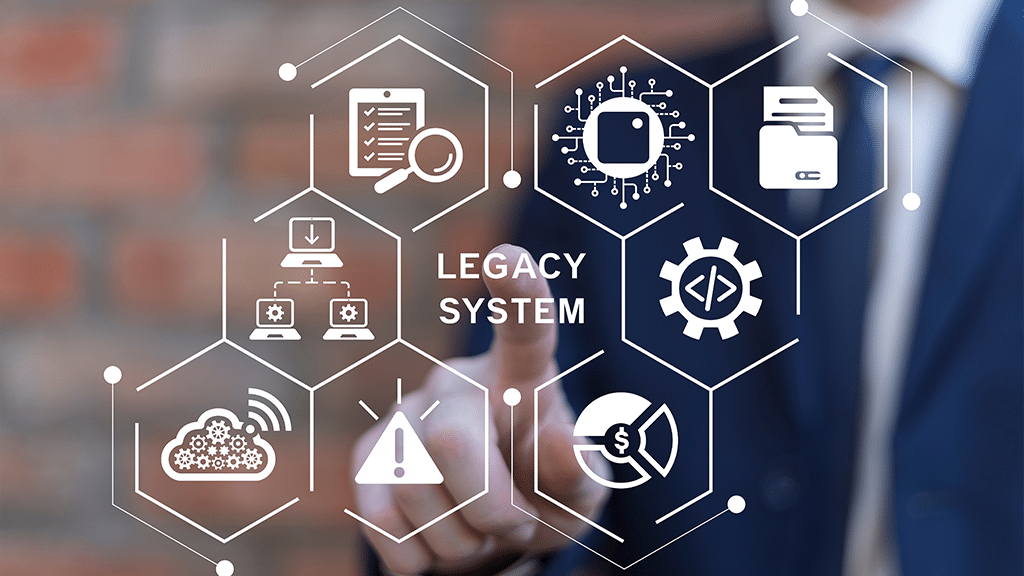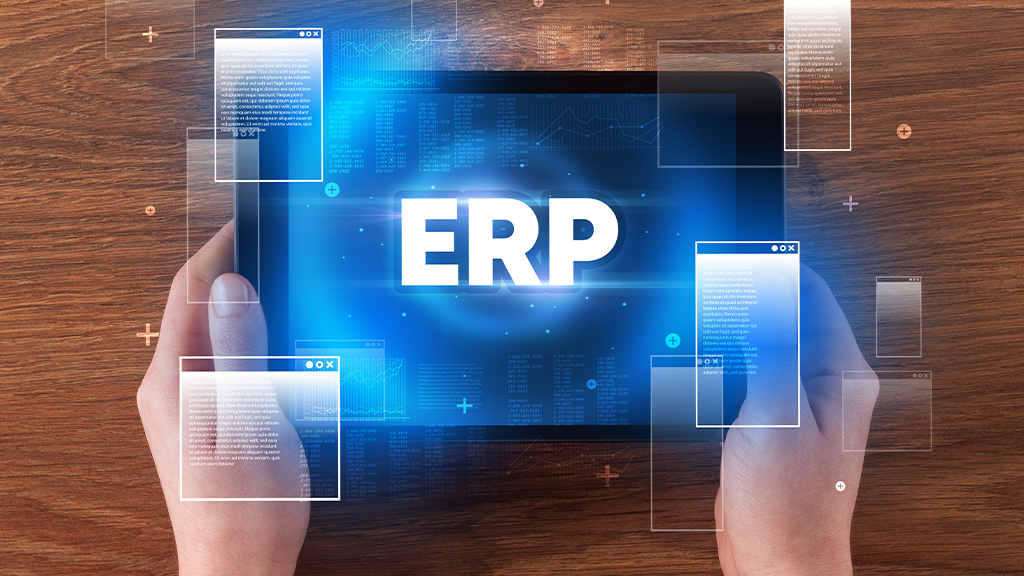As businesses grow and adapt, so does the complexity of managing their data. Many find themselves accumulating massive amounts of data across various systems, departments, and platforms. While this data holds incredible potential in driving significant business insights, much of it ends up stuck in isolated, disconnected systems—commonly referred to as data silos. These silos fragment valuable insights and prevent organizations from seeing the full picture of their operations.
Research shows that employees spend an average of 12 hours a week simply trying to locate and access data spread across disconnected systems. Additionally, Nearly half of marketers (47%) identify data silos as their biggest barrier to unlocking valuable insights. To address these challenges, more businesses are turning to data platform modernization, a solution that’s rapidly gaining traction as companies seek to harness the full potential of their data.
Data modernization services are all about changing how businesses manage and use their data. It helps break down complex data silos and connects data across all systems, making it easier to access and use. To better understand data modernization, explore our guide to learn its key benefits and best practices. Learn how modernizing your data infrastructure can streamline management, boost efficiency, and drive stronger business outcomes.
With data spread across various systems, data modernization enables organizations to make informed decisions by seamlessly extracting and connecting that data. But how does it work? Let’s explore the concept of data modernization and how it can help your organization fully harness the power of your data.
What is data modernization?
Data modernization involves transforming an organization’s outdated and fragmented data systems into a modern, integrated infrastructure capable of handling today’s data-driven demands. It involves upgrading or replacing legacy systems, breaking down data silos, and adopting newer technologies like cloud computing, artificial intelligence (AI), and machine learning (ML) to ensure data is more accessible, scalable, and secure.
The data modernization process follows a multifaceted approach involving data integration, cleansing, consolidation, transformation, and migration. Some key aspects of data modernization include:
- Consolidating data silos: Breaking down isolated data systems to create a unified view of data across the organization.
- Cloud migration: Moving data storage and processing from on-premises systems to cloud-based platforms, which offer scalability and flexibility.
- Data governance and security: Implementing policies and technologies, such as Data Loss Prevention (DLP) and Identity and Assess Management (IAM) to ensure data is accurate, secure, and compliant with regulations.
- Real-time data processing: Enabling organizations to access and analyze data in real-time, improving decision-making and operational efficiency.
- Enhanced analytics: Modern platforms often support advanced analytics tools like AI and machine learning to extract deeper insights from data.
Key benefits of data modernization: What modern businesses stand to gain
Owing to the considerable impact of big data modernization, 84% of the businesses are well along in their data modernization initiative. In fact, around one-third (34 percent) claim to have fully implemented such initiatives, while half have data modernization efforts currently underway. This shift has been crucial for businesses looking to accommodate the growing volume, variety, and velocity of data.
But what does this transformation mean for business outcomes, and what tangible benefits does it bring to organizations adopting data modernization solutions? Let’s explore how this shift transforms business operations and drives success in today’s data-centric business environment.
- Decision-making made easier
Data modernization enables businesses to consolidate their data from various sources into a single, unified system. This integration eliminates data silos, allowing decision-makers to access real-time, accurate, and comprehensive data. With this level of visibility, companies can make informed, data-driven decisions faster and more confidently.
For instance, a business with modern data architecture can quickly analyze sales trends, customer behavior, or supply chain performance. This enables them react to market changes and optimize its strategies accordingly.
- Boosting operational efficiency is no more a hassle
Modern data systems make managing data a lot smoother and more efficient. Tasks that once took hours, like data collection, cleaning, and reporting, can now be automated, cutting down on the time employees spend on routine, administrative work. This means teams can shift their focus from repetitive tasks to more important, strategic projects that boost productivity.
On top of that, modern platforms are designed to handle large amounts of data seamlessly. As your business grows, your data infrastructure can keep up without being slowed down by outdated systems.
- Efficient collaboration across teams
Big data modernization gives organizations the flexibility to keep up with new business demands and evolving technology. With cloud-based systems, businesses can easily increase their data storage and processing capabilities as their needs change. Plus, cloud platforms allow teams to access data from anywhere, making collaboration across locations easier and more efficient.
This kind of flexibility is becoming increasingly important for businesses looking to gain an edge. It allows them to quickly adapt to shifting market trends, customer preferences, and technological advancements.
- No more data breach
Modern data platforms are built with security as a top priority. They have advanced features like encryption, strict access controls, and regular security updates to keep sensitive information safe. Businesses can also use data governance frameworks to comply with regulations like GDPR, HIPAA, and CCPA.
With data breaches and privacy concerns constantly in the spotlight, data modernization helps businesses protect their data and stay compliant. This provides the reassurance businesses need in a digital environment.












